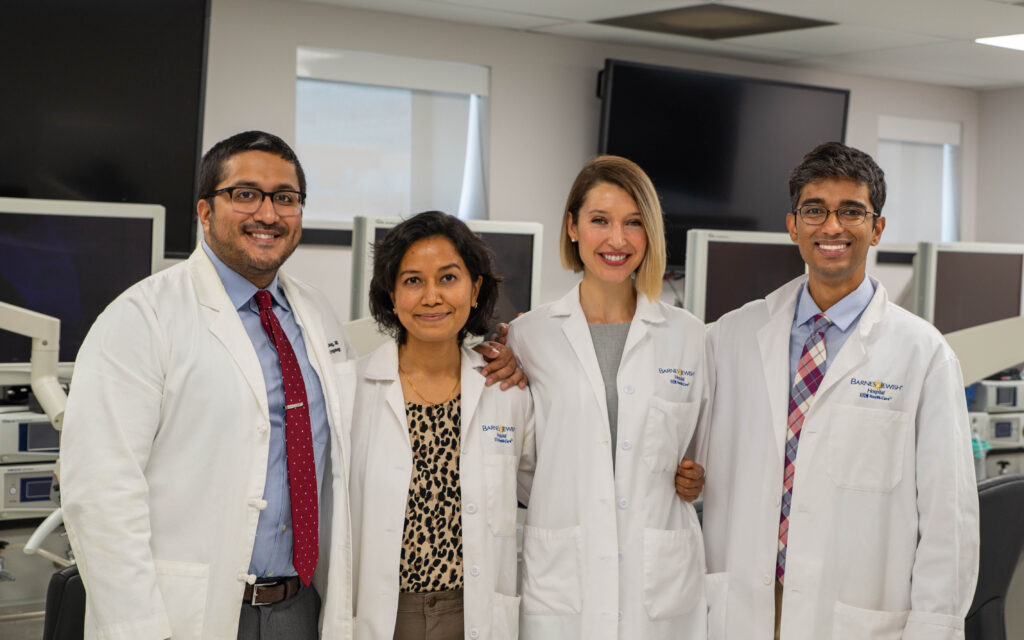As they prepare for graduation on June 18, our chief residents shared their post-graduation plans and reflected on memorable moments from their training in the Department of Otolaryngology—Head and Neck Surgery at Washington University.
Rajan Dang, MD
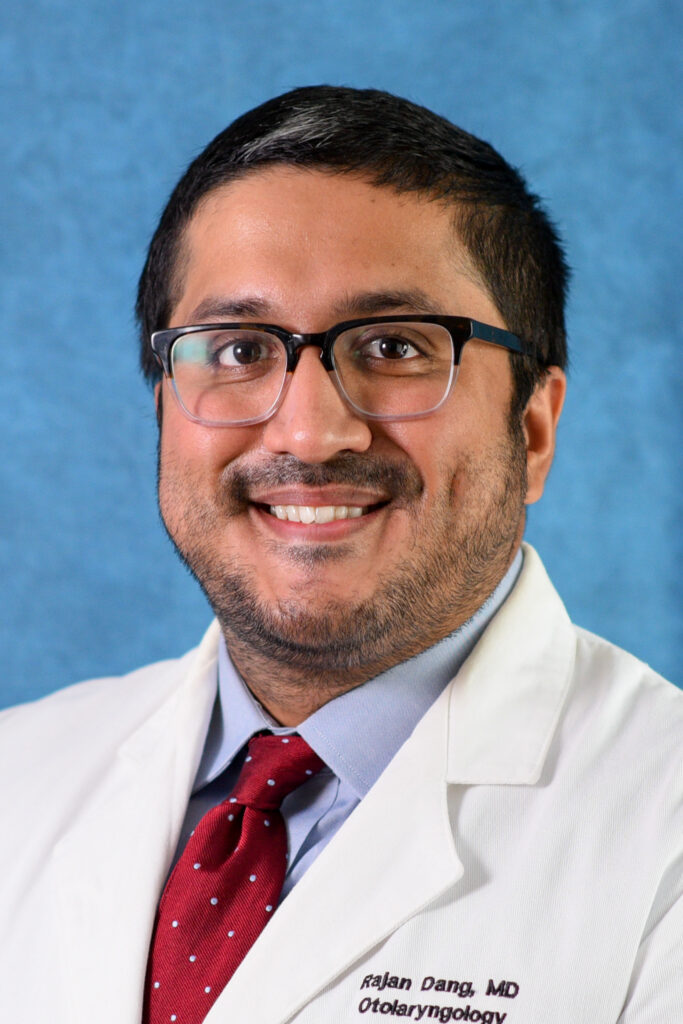
What’s next?
I will be joining the faculty here at WashU as a comprehensive ENT.
What is the most memorable moment of your residency?
The most memorable part of my residency was making a bet with one of Dr. [Allison] Ogden’s patients over the phone that she didn’t have the Mumps. The patient brought a dollar in an envelope to clinic for me after she tested negative. Of course, I did not accept.
What parting words of advice would you like to provide to your junior colleagues?
Very soon, your turn will come to mentor and teach junior residents. Remember whatever positive interactions you had with your senior residents and try to model yourself after those experiences. You will have a major impact on the education of those more junior to you.
Abhinav Ettyreddy, MD
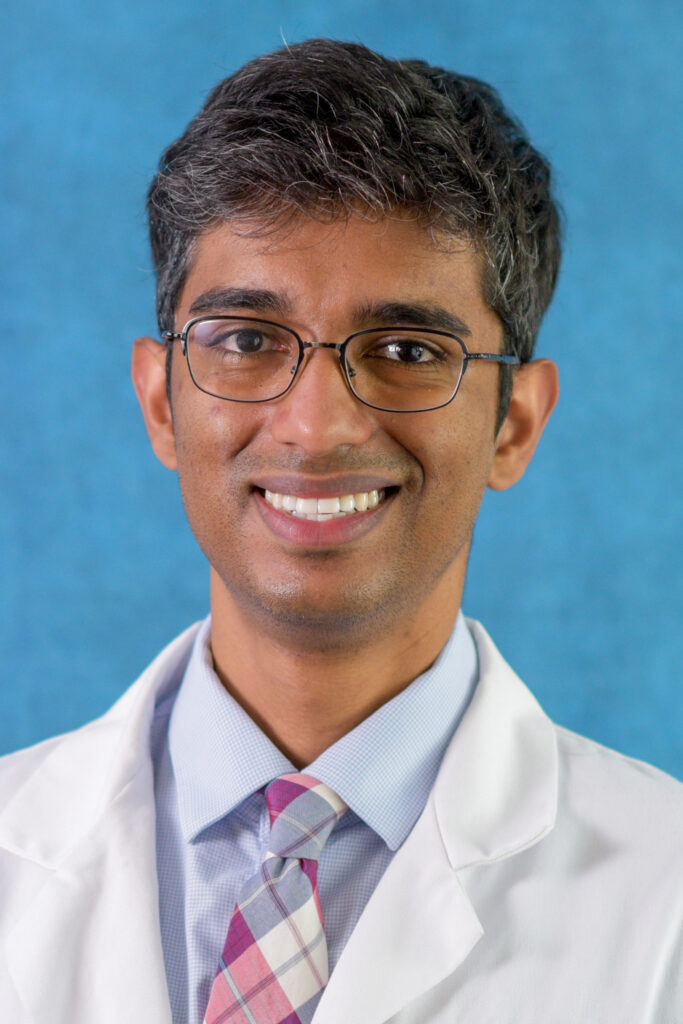
What’s next?
I have accepted a neurotology fellowship at the University of Pittsburgh.
What is the most memorable moment of your residency?
The most memorable aspect of residency for me would be my third VA [Veterans Affairs] rotation. As the VA PGY 3, you begin to have increasingly graduated autonomy both in the clinic and the operating room. I felt that it was a challenging and rewarding experience that had a huge impact on my professional goals. It is also one of the few rotations where you have a truly longitudinal patient care experience as you follow patients through their preoperative and postoperative course.
What parting words of advice would you like to provide to your junior colleagues?
I have always been a firm believer that you only get out what you put in. I think that sentiment is especially true during residency. I would encourage junior residents to really challenge themselves and take advantage of all the opportunities that they are presented with. Residency is a finite period of time and it will end sooner than you think!
Parul Sinha, MD
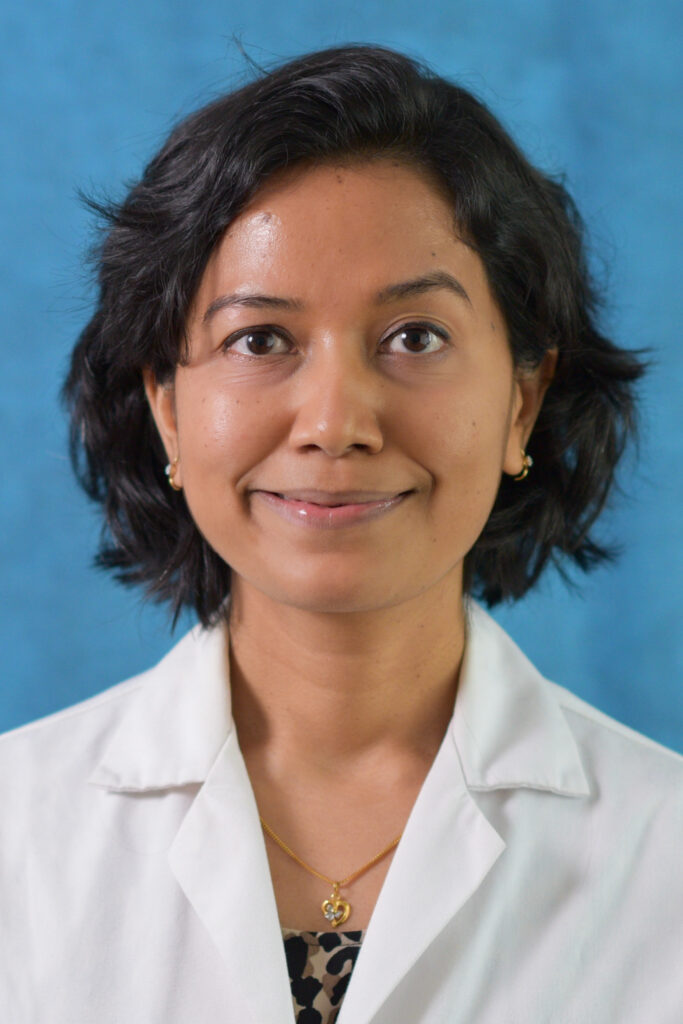
What’s next?
I will be pursuing a fellowship in facial plastic and reconstructive surgery at UT Houston McGovern Medical School.
What is the most memorable moment of your residency?
There have been many great moments that I will always cherish; one of those was with a patient on our head and neck service who had suffered a lot through multiple postoperative complications and still, would always thank us each time we saw him. He instantly got tearful and held my hands when I told him on rounds about that day being my last on the service, and asked me to promise I would drop by to check on him even after I was done. It was truly a very moving and meaningful experience for me to have gained his trust and appreciation.
What parting words of advice would you like to provide to your junior colleagues?
Be understanding and kind not only to your patients but also to your colleagues and others working around you in different capacities. There will always be moments when others may not perform the way you want them to —things move slow, reasons for consult make little sense, someone misses an obvious finding. Try to be tolerant and not complain; try to find something positive to focus on; and remember that the other person is trying hard too. Just do your part and move on.
Allison Slijepcevic, MD
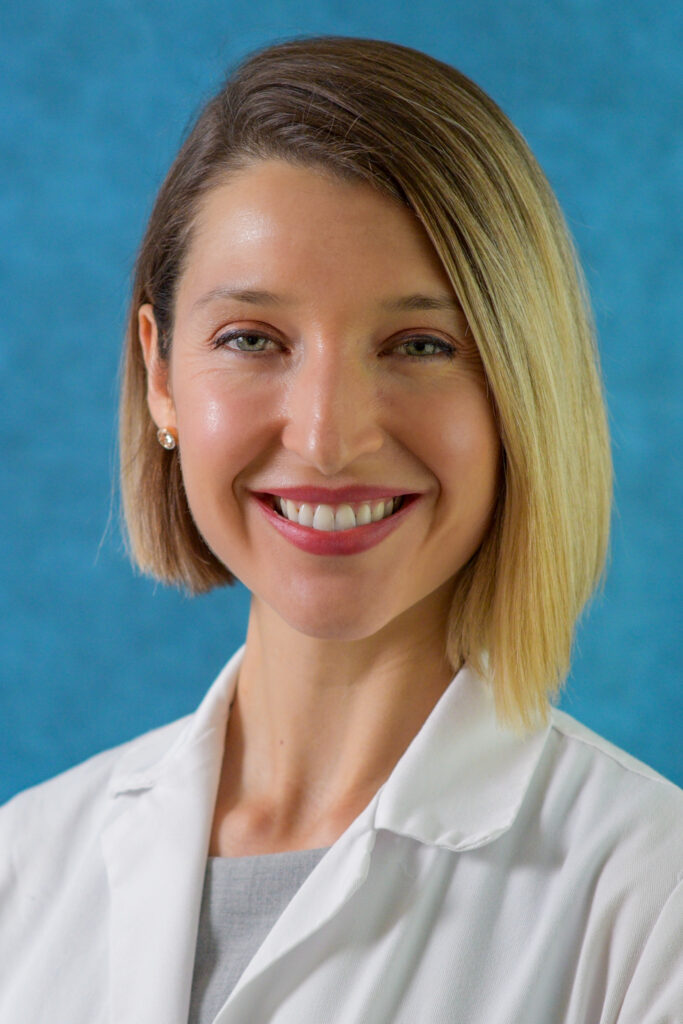
What’s next?
I am excited to start a fellowship in facial plastics with an emphasis in microvascular reconstruction at Oregon Health Sciences University.
What is the most memorable moment of your residency?
The most memorable parts of residency were learning reconstructive techniques using free flaps and local flaps from faculty in the head and neck and facial plastics subspecialties.
What parting words of advice would you like to provide to your junior colleagues?
Be open to learning as much as possible, and take time to communicate with your colleagues and patients.
